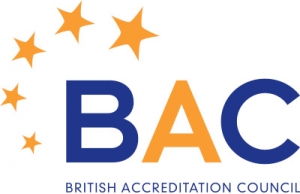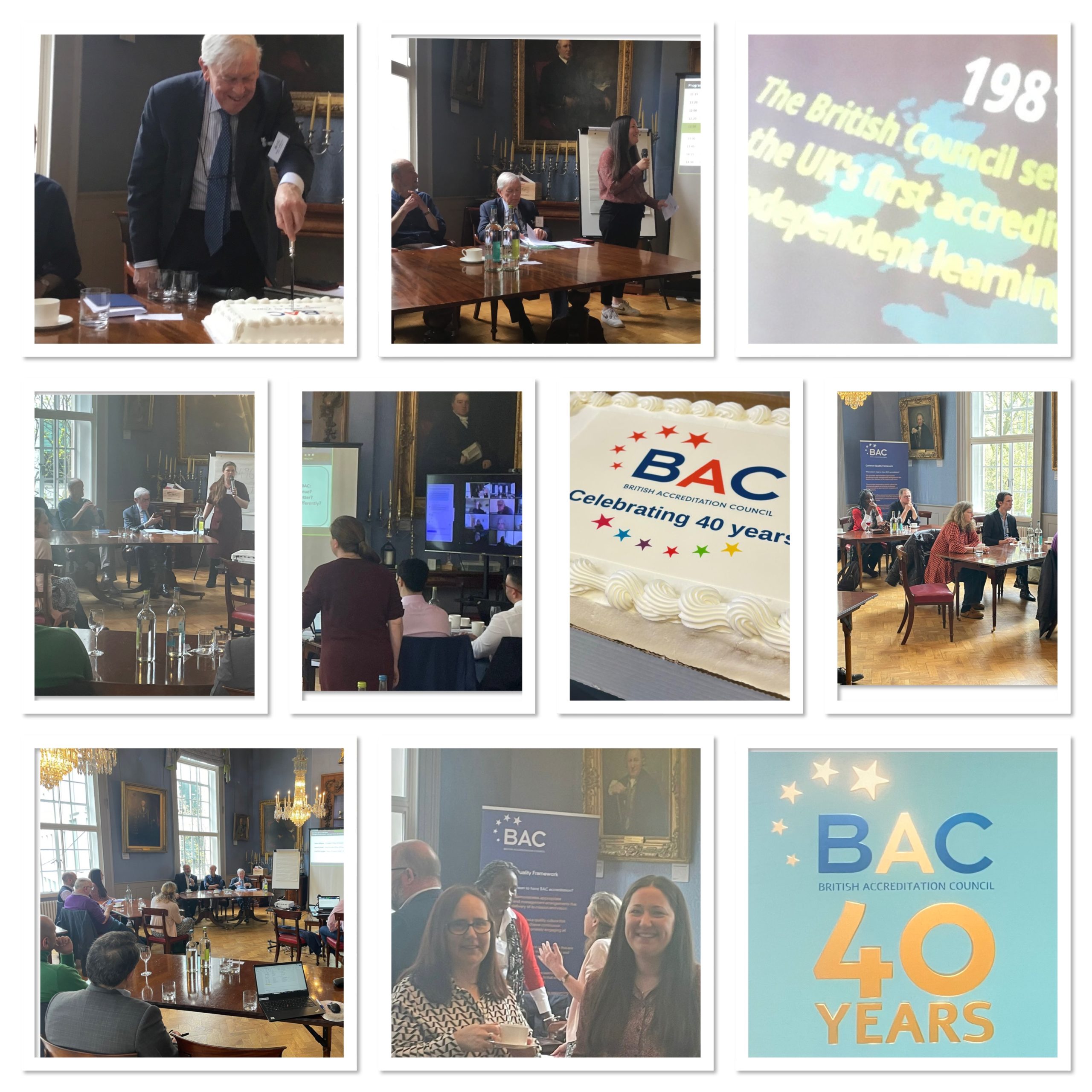A warm welcome to all the BAC’s accredited colleges and non-accredited providers of private education and training. I note that further and higher education, and in particular student immigration policy, remained high on the media agenda throughout December and into January.
In particular, we had the Home Secretary’s announcement on 12 December 2012 that consular staff are to interview more than 100,000 prospective students hoping to study in Britain. Theresa May has announced that this is part of the government move to stop “bogus students” from entering the country. While the announcement has been welcomed by Sir Andrew Green of Migration Watch, the Mayor of London, Boris Johnson, says that he ‘cannot see logic’ in the Home Secretary’s claim that immigrants have pushed up property prices. Furthermore, at the annual Study UK conference on 28 November, David Willetts, MP, the Secretary of State for BIS, announced that he considered the issue of “bogus students” to be one of historical rather than current significance. However, I was pleased to note that the Home Secretary has also said that foreign PhD students will be allowed to stay in the UK for a year after their studies to encourage more talented immigrants to remain in Britain.
The debate about whether international students should be included in net migration figures continues to be of major interest. On 18 December a fifth Parliamentary Committee urged the government to remove international students from its net migration target, warning that failure to do so will damage UK universities. The House of Lords EU Committee joined peers on the House of Lords Science and Technology Committee and MPs on the Business, Innovation and Skills Committee, the Home Affairs Committee and Public Accounts Committee in calling for action from the government.
My Christmas reading included the Universities UK report, Patterns and trends in UK higher education, published on 14 December. It showed a significant increase in international students studying in the UK. In 2002-03 non-EU students made up just 8 per cent of the total student population; by 2010-11 this had risen to around 12 per cent, with the most significant growth has been in international students taking master’s courses, with the number more than doubling since 2002-03. However, following on from this, it was disappointing to see that the latest British government statistics show a 1% increase in applications for student visas for university study, but huge falls in applications for the further education and language school sectors, setting the scene for a shrinking UK global market share of international students. The competition from the USA, Canada and Australia and other countries for top international students has never been greater as the United Kingdom tightens its controls on students wishing to study at English speaking institutions.
It seems a shame that more cannot be done to attract international students to study in the UK. Not only is it demonstrably good for Britain, both culturally and economically, but a recent report produced by British and Chinese academics with the aid of the British Council, showed that the “vast majority” of Chinese students studying in Britain had “accepted the diversity of the world and, as a result, had become more flexible and open-minded than they were previously, with increased tolerance for different ideas and behaviour”. The debate about the benefits (and problems) of attracting international students will no doubt continue to be played out throughout 2013.
I was also interested to note the ongoing debate regarding the proposal to cap the number of students at private education institutions entitled to loans. The government wants private providers to compete head to head with universities over the recruitment of high-grade students, it has emerged. The plans are part of a proposed system for private providers that would require them to come under the same student number controls as universities if their students are to continue to receive taxpayer-backed loans.
The proposal has been criticised by Aldwyn Cooper, principal of Regent’s College, a not-for-profit charitable institution that is expected to be granted university status in the New Year. He said it may not wish to take part in the system and called elements of the government’s plans “completely unreasonable”. On the other hand, Sally Hunt of the University and College Union (UCU) and Liam Burns, President of the National Union of Students (NUS), argue that students at private education providers should not be entitled to student loans at all.
This is undoubtedly another controversy guaranteed to exercise the BAC and its accredited institutions in 2013. On that note, please let me wish you a peaceful and prosperous new year and a successful and productive 2013.
Dr Gina Hobson
Chief Executive


Leave A Comment